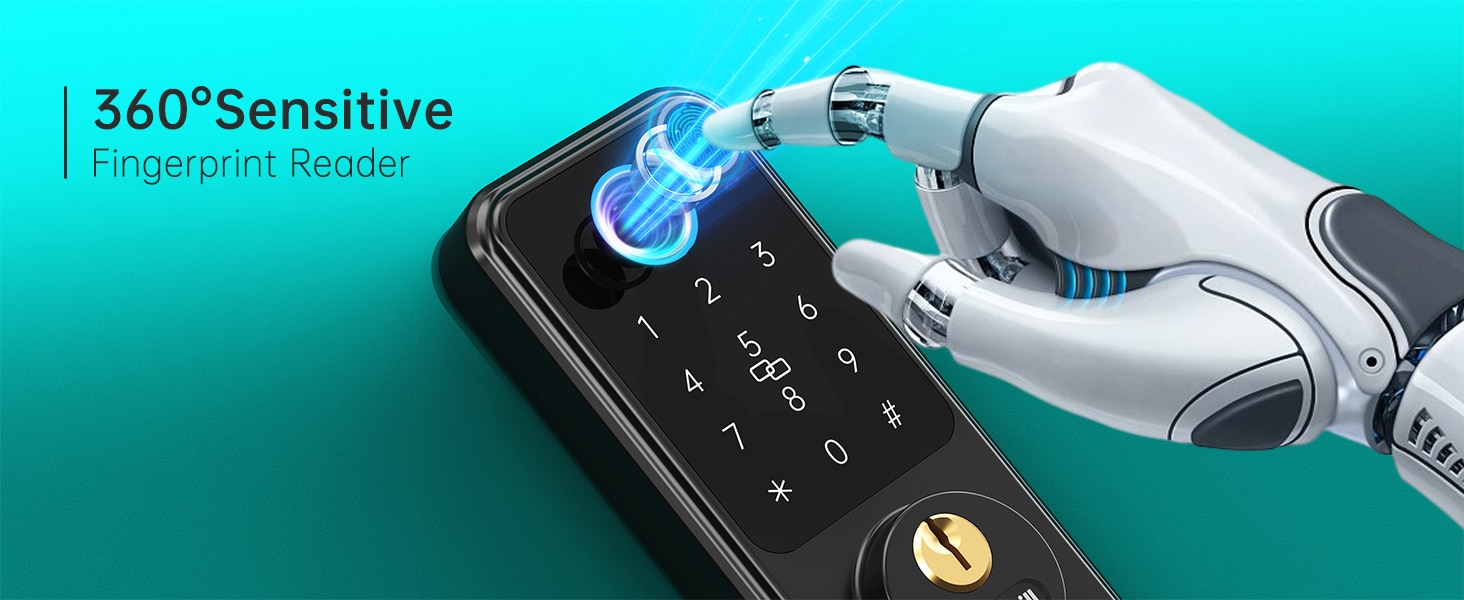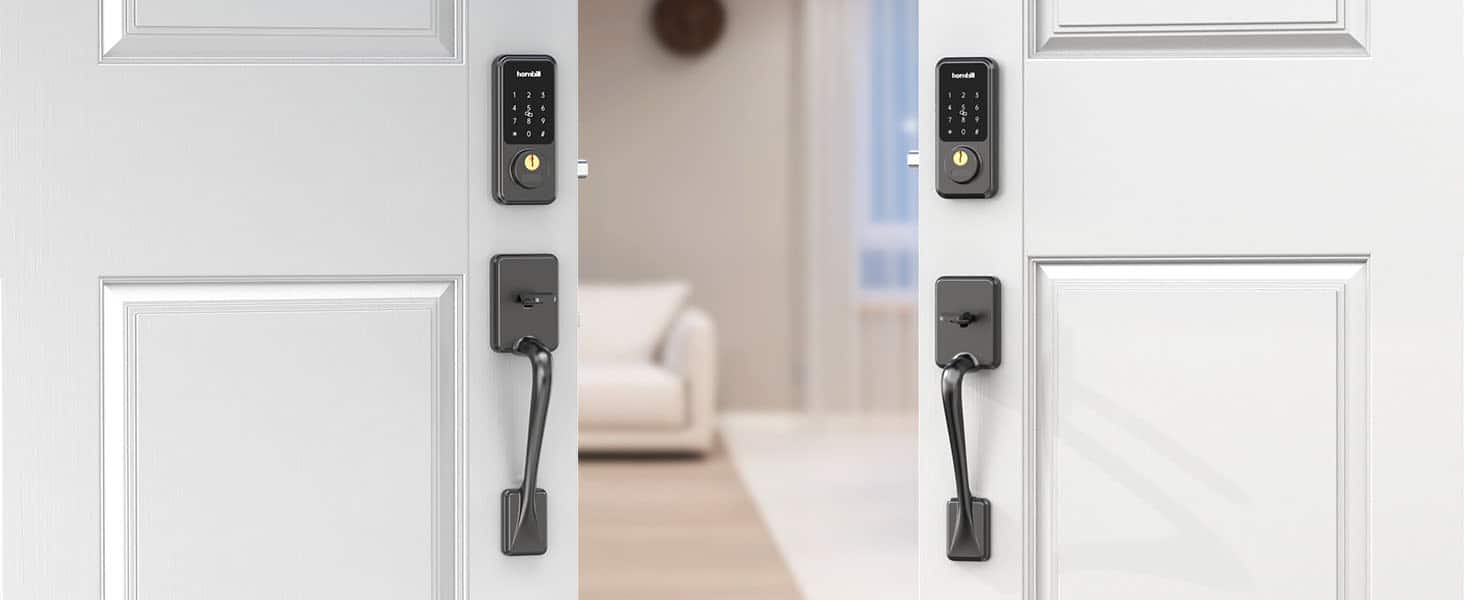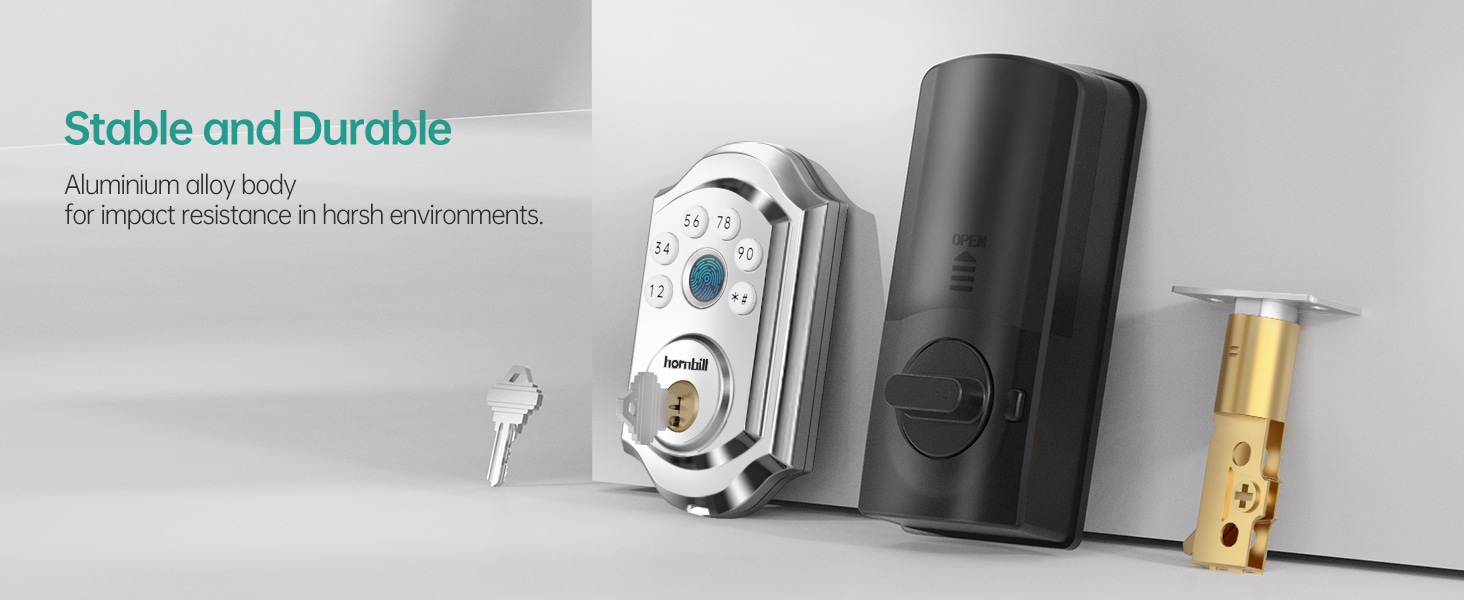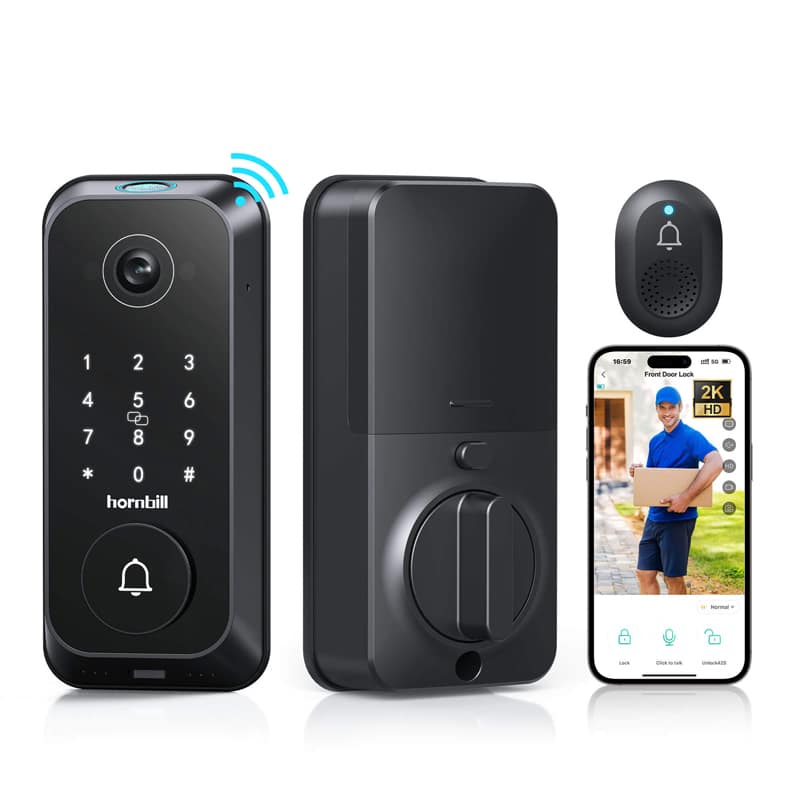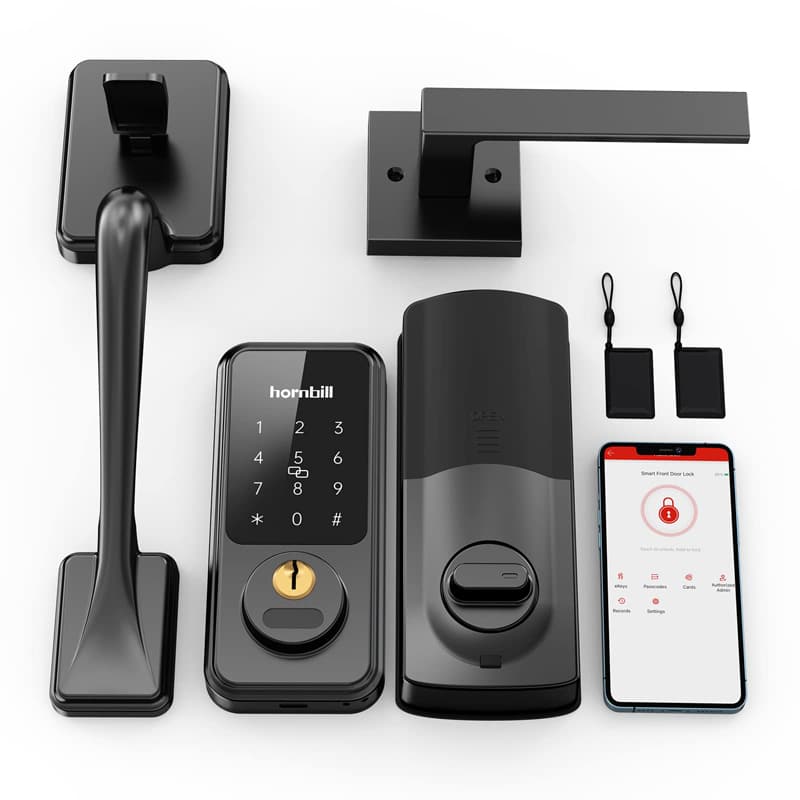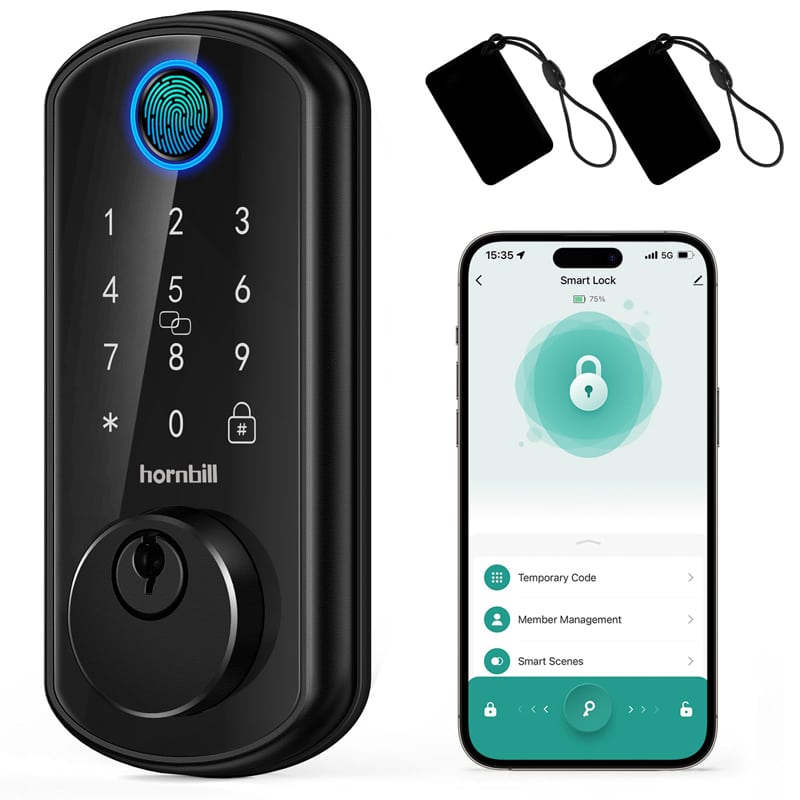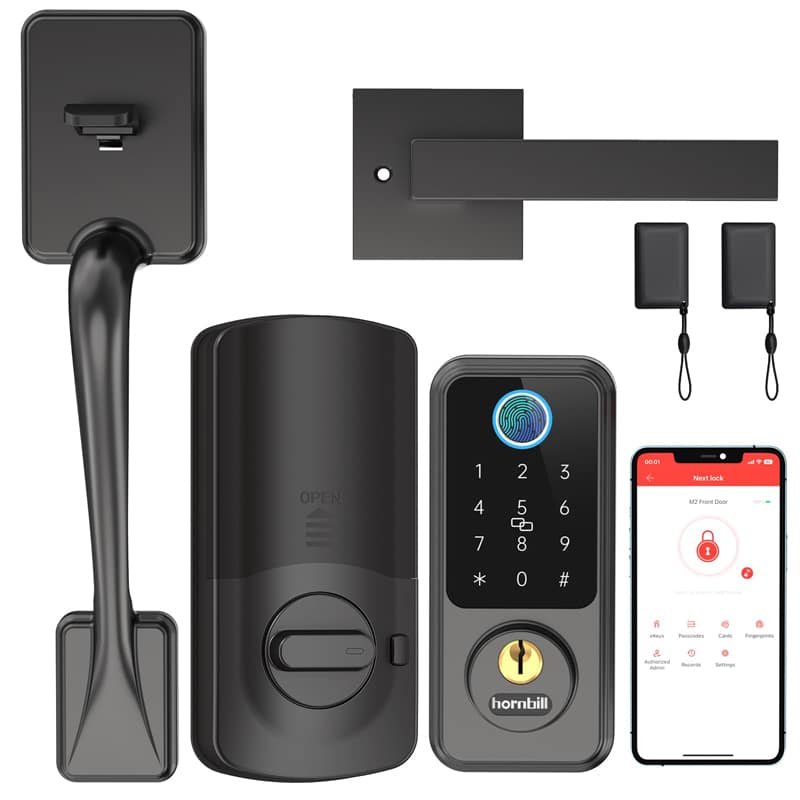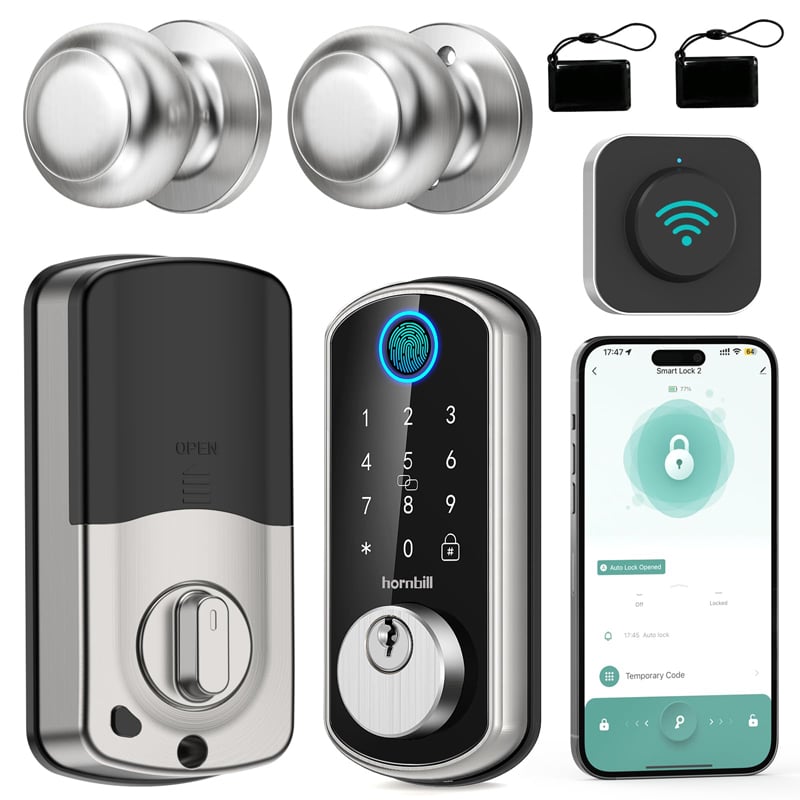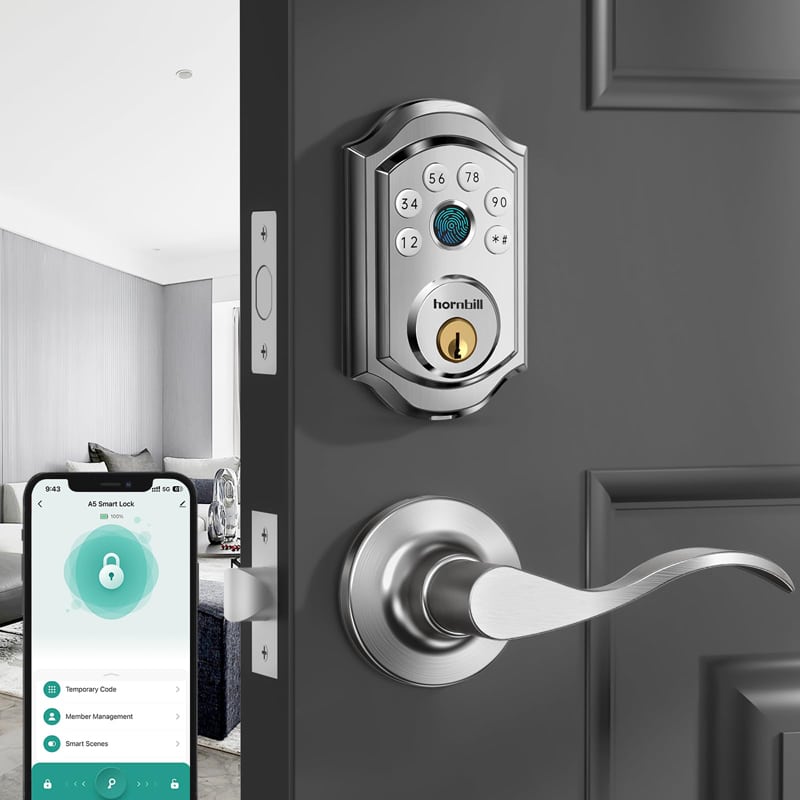In the age of digital technology, privacy has never been more crucial, especially when it comes to biometric data like fingerprints. With fingerprint door locks gaining popularity due to their heightened security and convenience, concerns about the protection and management of fingerprint data are inevitable. This article sheds light on how these innovative devices handle these pertinent issues.
Encryption of Fingerprint Data
One of the key measures utilized to protect your fingerprint data is encryption. When your fingerprint is scanned by the lock, it’s converted into a digital format – the data is then encrypted before it’s stored. This means that even if someone could access the storage, the encrypted data would be meaningless without the decryption key.
Local Storage of Data
Most fingerprint door locks store fingerprint data locally rather than in remote databases or online. Local storage reduces the risk of data breaches and ensures that your biometric data doesn’t leave the premises.
Data Access Control
To limit the risk of unauthorized access,fingerprint door lock installation often employ strict data access control. Only the authorized administrators can add, modify, or delete fingerprint data.
Limited Data Use
Fingerprint data used for the purpose of operating the lock is generally not used for any other purposes. This limits the extent to which the data can be exploited, further ensuring your privacy.
Dealing with Data Breaches
Despite these protective measures, no system is completely infallible. In case of a data breach or failure, most high-quality fingerprint door locks have procedures outlining how to handle these situations, including comprehensive audit trails to trace back unauthorized access attempts, and real-time alert systems to notify administrators of possible security breaches.
Protection Legislation
Laws enacted in many jurisdictions legally protect biometric data. These regulations ensure that companies adhere to particular standards when handling such data, providing another layer of protection.
In conclusion, the makers of biolock fingerprint door lock are deeply aware of privacy concerns related to biometric data. Therefore, they employ several strategies to safeguard and manage this sensitive information effectively. From encryption and local storage of data to strict access controls, these measures ensure that the integrity of your personal information remains intact. As users, it’s essential to understand these aspects and ensure we are purchasing door locks from providers who prioritize data privacy and security.
Disclaimer: This article outlines potential cybersecurity risks associated with smart locks but does not imply all smart locks possess these issues. Efficacy of protection measures varies from model to model. Always conduct thorough research before investing in one.

